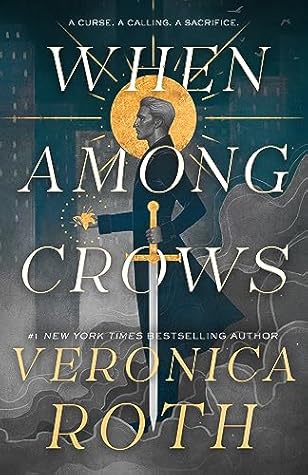More on this book
Community
Kindle Notes & Highlights
When among crows, you must caw as one.
And he doesn’t like religious spaces, in general—the obsession with wrong and right, purity and pollution, modernity and eternity, it doesn’t make sense to him.
That kind of sacrifice creates a debt, and there’s nothing magic likes better than the great hollow of a debt.
The leszy has the body of a man stretched beyond its capacity—long arms that end in big, clawed hands; sturdy, split hooves; and a stag’s skull as a head. His staff is the size of a sapling. Moss grows on his broad, flat shoulders, and flowers bloom in his eye sockets.
He was guided only by his own sense of purpose—A holy kind of purpose, he thinks, with the mural of the heavenly host still staring down at him.
He marvels, as a mortal marvels, but his breath doesn’t catch.
The leszy has heard men say a thousand things. Dares and challenges, questions and demands, prayers and bargains. He has rarely heard them beg.
“Like all of the old stories, there is a little truth and a lot of fancy.”
“Don’t be fooled by her human face, her human voice,” she said. “That is no woman.”
Humans born to creatures—or monsters, as some call them—are “oświecony”: enlightened.
“I heard this curse degrades its victim day by day, tormenting them with visions until they lose touch with reality.”
“Men always mean harm. The question is simply ‘when’.”
‘When among crows, you must caw as they do.’ Because we’re supposed to fit in among mortals. Mimic them.”
“You shouldn’t lose hope, Ala. Our people never do. We’re foolish that way.”
“I don’t find it painful to be ordinary.”
So we fled here. We were not the first—or the last—to flee our country to survive.
Sometimes it was because we weren’t human, but sometimes it was because we were too human—the wrong religion, during the war, or perhaps the wrong political affiliation, after it.
She didn’t know how to live in a world that wasn’t straightforward.
If you see, then you know. If you know, then you don’t need to see.
We bear the sword, and we bear the pain of the sword—isn’t that what they say?
He knows how to bear pain, has been diligently instructed in the art of it since he was a child.
“Foolish hope, remember?”
“Eternity is long, Dymitr. Time enough for hearts to soften.”


